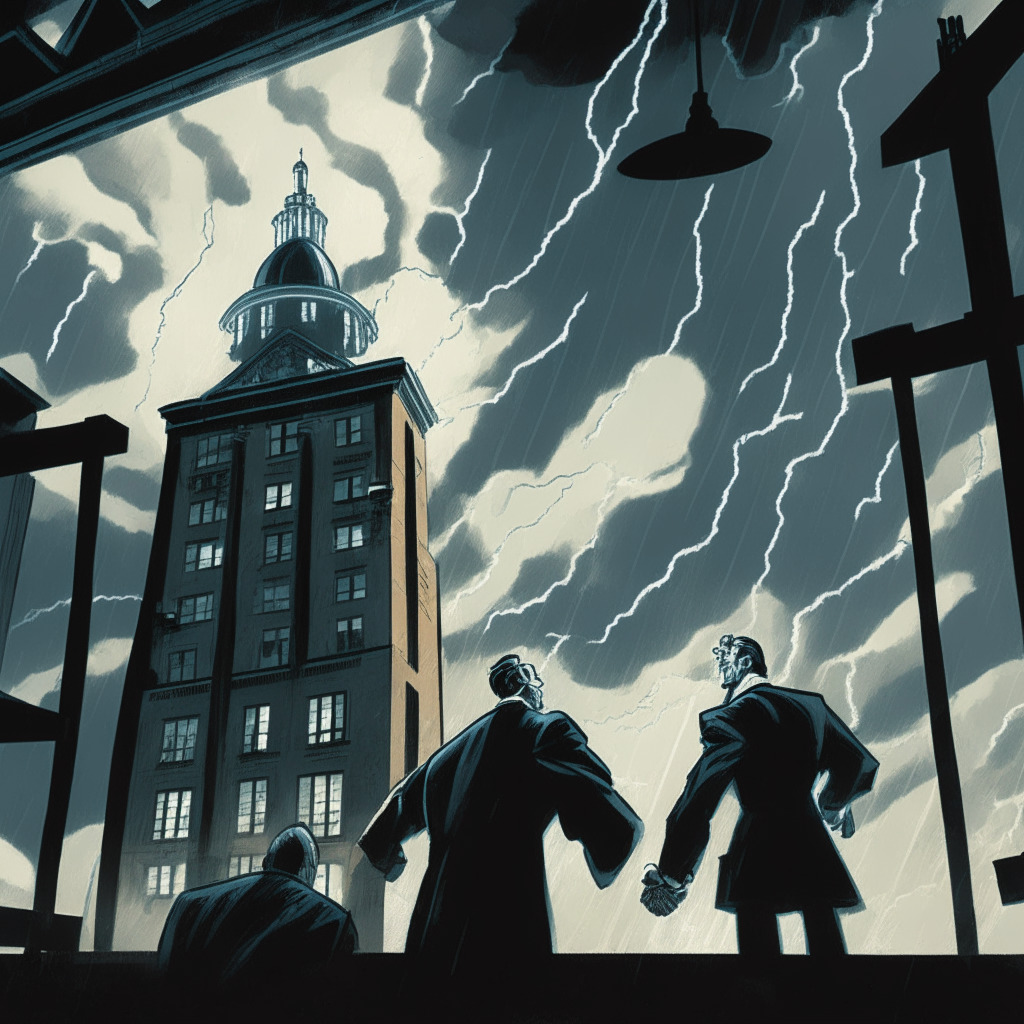In Michael Lewis’ new book “Going Infinite: The Rise and Fall of a New Tycoon”, a surprisingly positive narrative emerges around the character of Sam Bankman-Fried formerly of FTX. Unlike his former book “The Big Short”, which dissected the 2008 financial crisis with harsh scrutiny, Lewis’ portrayal of Sam Bankman-Fried (SBF) here is relatively flattering.
The book provides intriguing backstory on SBF’s intriguing character, his approach to money, and his interactions with people, with an emphasis on his belief of effective altruism – the idea of earning as much as possible in order to donate the majority to noble causes. The author paints a picture of SBF as a selfless, money-making machine marching towards a noble cause.
On the other hand, the euphoric rise of FTX came with its own share of issues that the book lightly touches upon but doesn’t dive too much into. Many retail investors, dreaming of getting rich, ended up losing their savings when FTX declared bankruptcy in November 2022, causing financial and emotional upheaval. The anguish of the investors is felt in the conversation between the former FTX COO, Constance Wang, and SBF post bankruptcy. “When you were doing this,” said Wang, “Have you ever thought how much this event will be hurting people, and does that count as part of your ‘initial expected value’ calculation?”
Lewis also unveils lesser-known details from SBF’s life, like the plan for FTX’s headquarters in the Bahamas with a dedicated cube made of pure tungsten. He displays an image of SBF as a man proficient in trading, yet inept at more mundane tasks. What remained amiss in his narrative, many argue, is the justified responsibility SBF should bear for FTX’s downfall and the resultant pain it inflicted on many.
Additionally, despite the negative happenings, Lewis ends the book on an undeniably optimistic note for SBF. If the prosecutors solely relied on the book’s version of the FTX collapse, there might not have been any charges. Lewis concluded that the lost FTX user funds had gone “nowhere” and insinuated that everyone involved remained oblivious to any wrongdoing until the very end.
Reading the book extends beyond providing just insight into a high-flier’s spectacular rise and fall. It opens the discussion – should effective altruism be the shield for potential missteps? And most importantly, how much responsibility does the charismatic leader of a failed investment venture bear for his follower’s losses?
Source: Cointelegraph




